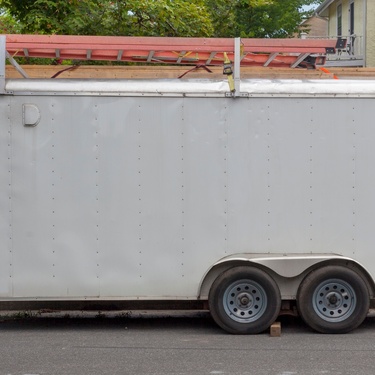Live
France24 English News Live StreamGlobal News
Global News Video PlaylistPBS
PBS News Video PlaylistNewsroom Features
The Fat Tuesday-Ash Wednesday Connection: From Feast to Reflection

See Special Report: The Fat Tuesday-Ash Wednesday Connection: From Feast to Reflection
Published Friday February 20, 2026
Ramadan 2026: A Month of Fasting, Faith, and Global Community

See Special Report: Ramadan 2026: A Month of Fasting, Faith, and Global Community
Published Wednesday February 18, 2026
Red Neon Chinese New Year of the Horse Sweatshirt — Glowing Stallion Graphic Crewneck

See Special Report: Red Neon Chinese New Year of the Horse Sweatshirt — Glowing Stallion Graphic Crewneck
Published Tuesday February 17, 2026
The Year of the Fire Horse: Origins, Legends, Global Traditions, and Meaning

See Special Report: The Year of the Fire Horse: Origins, Legends, Global Traditions, and Meaning
Published Tuesday February 17, 2026
🇺🇸 How Americans Are Celebrating Presidents Day: Parades, Traditions, and Long Weekend Plans

See Special Report: 🇺🇸 How Americans Are Celebrating Presidents Day: Parades, Traditions, and Long Weekend Plans
Published Saturday February 14, 2026
Best Mirror Types for High-Traffic Public Restrooms

See Contributor Story: Best Mirror Types for High-Traffic Public Restrooms
Published Tuesday February 10, 2026
Waste Minimization Tips for Solvent-Heavy Operations

See Contributor Story: Waste Minimization Tips for Solvent-Heavy Operations
Published Monday February 09, 2026
Cutting Waste in Industrial Shipping Without Delays

See Contributor Story: Cutting Waste in Industrial Shipping Without Delays
Published Sunday February 08, 2026
Best Practices for Hiring in Competitive Labor Markets

See Contributor Story: Best Practices for Hiring in Competitive Labor Markets
Published Saturday February 07, 2026
Fleet Maintenance Tips for Work Trailers

See Contributor Story: Fleet Maintenance Tips for Work Trailers
Published Friday February 06, 2026
















